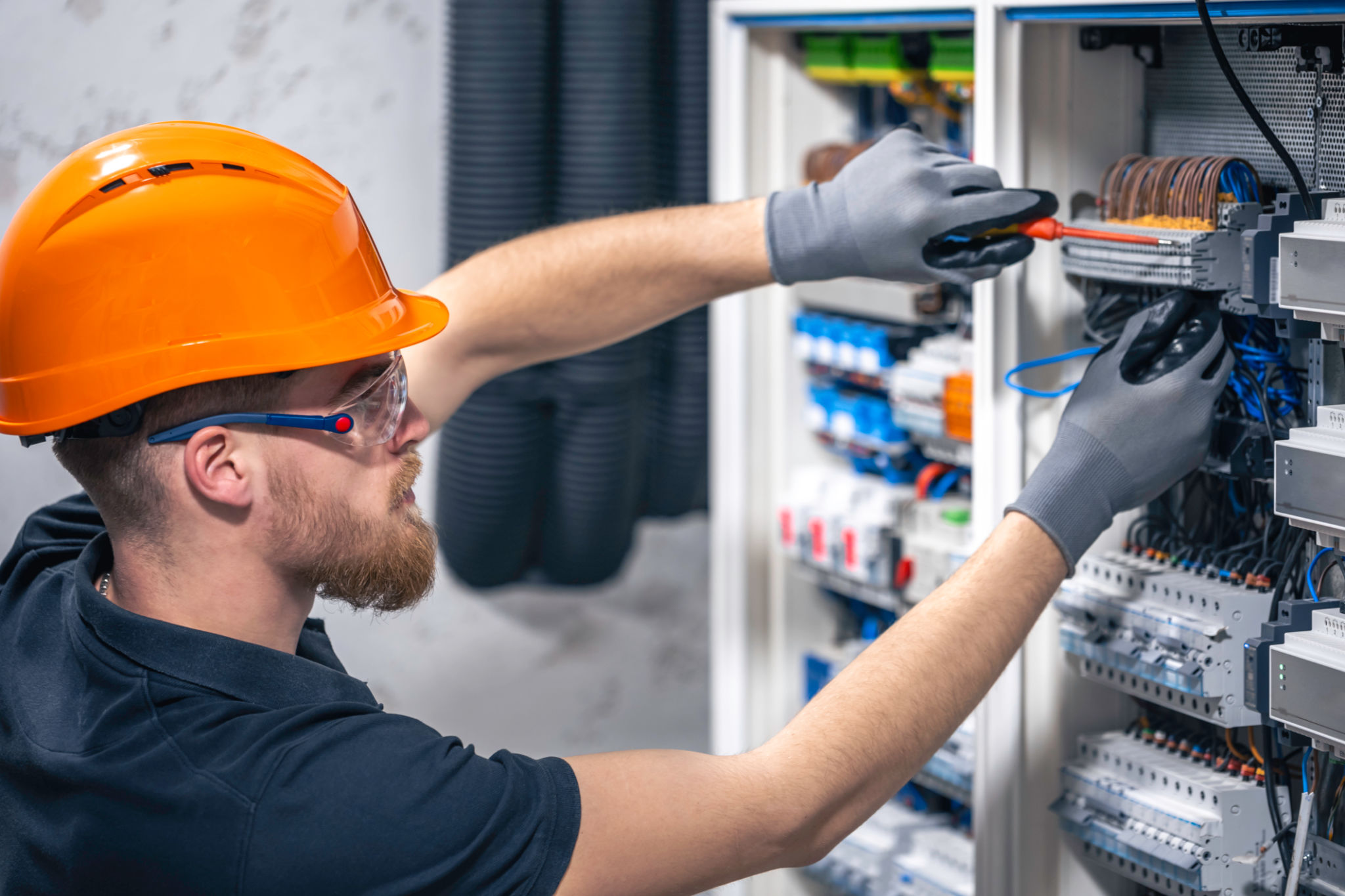DIY Home Repair Tips: When to Call a Professional
Understanding Your Limits in DIY Home Repair
Home repair can be a fulfilling and cost-effective endeavor, allowing homeowners to personalize their space while saving money. However, it's crucial to know your limits and understand when a task is best left to a professional. Tackling repairs beyond your skill set can lead to costly mistakes and even pose safety risks.
Before starting any project, assess your skills honestly. If you feel confident in your abilities, go ahead and tackle the task. But if you're unsure, it's wise to consider professional help, especially for complex repairs.

Electrical Repairs
When DIY Is Possible
Simple tasks like replacing a light switch or installing a ceiling fan can often be completed by a homeowner with basic electrical knowledge. Ensure you turn off the power at the breaker box before starting any work to prevent accidents.
When to Call a Professional
For more complex electrical work, such as rewiring or upgrading your circuit breaker panel, it's essential to hire a professional electrician. These tasks require specialized knowledge and tools, and improper handling can result in serious injury or fire hazards.

Plumbing Issues
Tackling Minor Plumbing Repairs
Basic plumbing repairs like fixing a leaky faucet or unclogging a drain are typically within the reach of most homeowners. These tasks usually require simple tools and can be completed with a bit of patience and elbow grease.
Complex Plumbing Problems
If you're dealing with major issues such as pipe replacements or sewer line repairs, it's time to call a licensed plumber. Improper plumbing work can lead to water damage and expensive repairs down the line, so it's best to ensure the job is done correctly the first time.

Structural Repairs
Structural repairs are one of the most critical areas where professional expertise is necessary. While fixing a squeaky floorboard or patching drywall might be manageable for a DIY enthusiast, projects involving load-bearing walls or foundation issues should only be handled by professionals.
Attempting to take on structural repairs yourself can compromise the integrity of your home and put your safety at risk. It's always better to err on the side of caution and hire an experienced contractor for these projects.
Conclusion: Evaluating Your DIY Skills
In conclusion, while DIY home repair can be rewarding, knowing your limits is key to ensuring both your safety and the quality of your work. Evaluate each project based on its complexity and your level of expertise. For tasks that are beyond your skill set, don't hesitate to call in the professionals.
Remember, investing in professional help when needed can save you time, money, and potential headaches in the long run. By making informed decisions about when to DIY and when to hire experts, you can enjoy the satisfaction of home improvement without unnecessary risks.